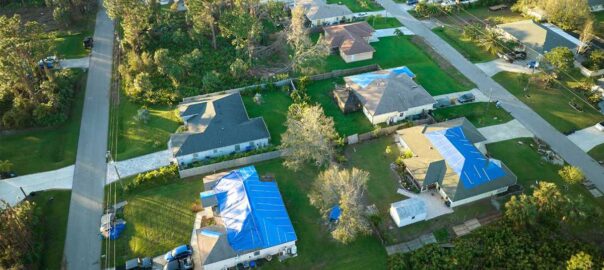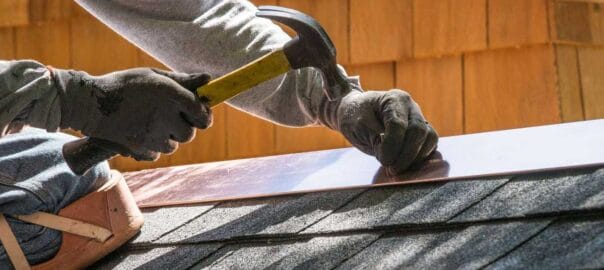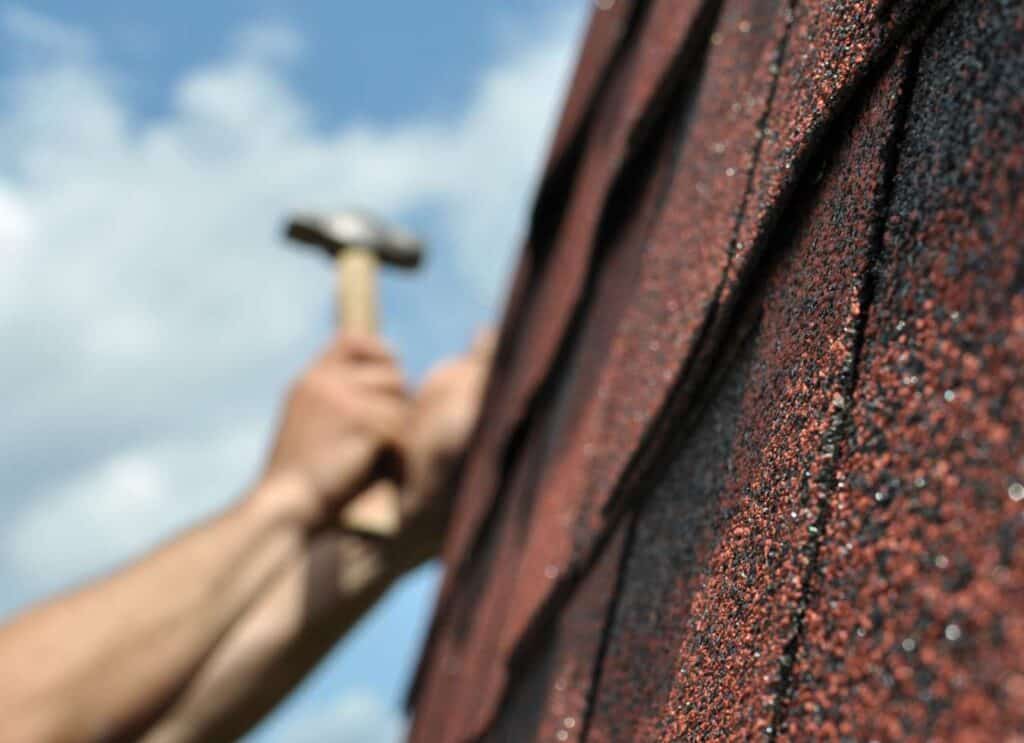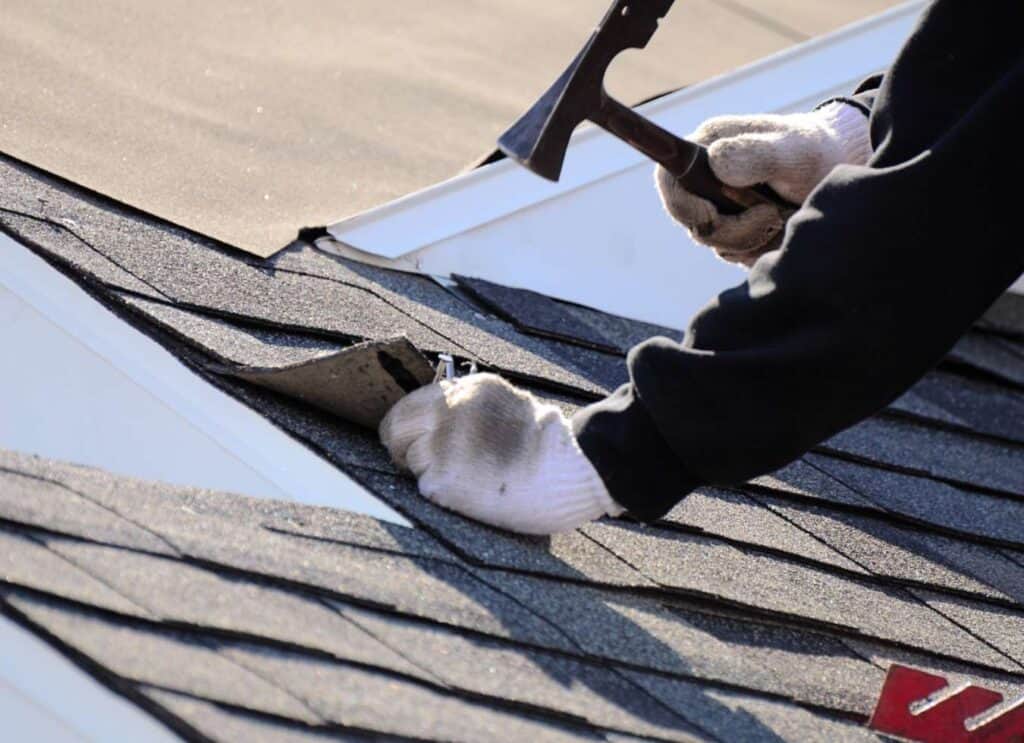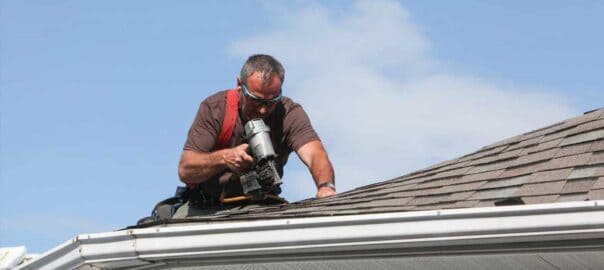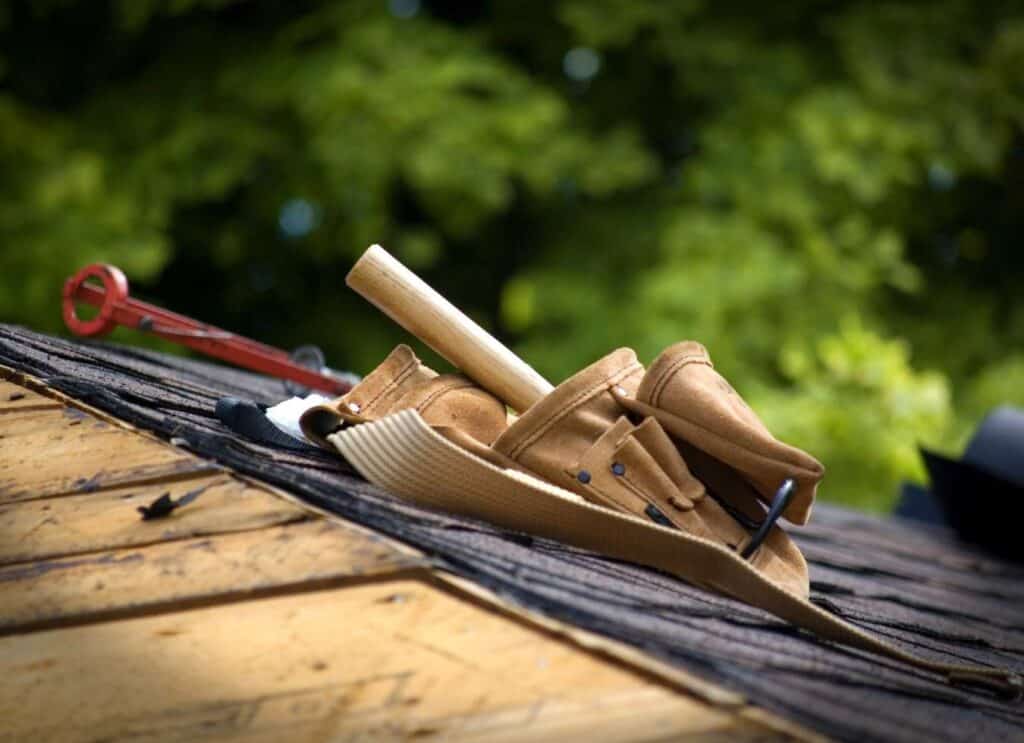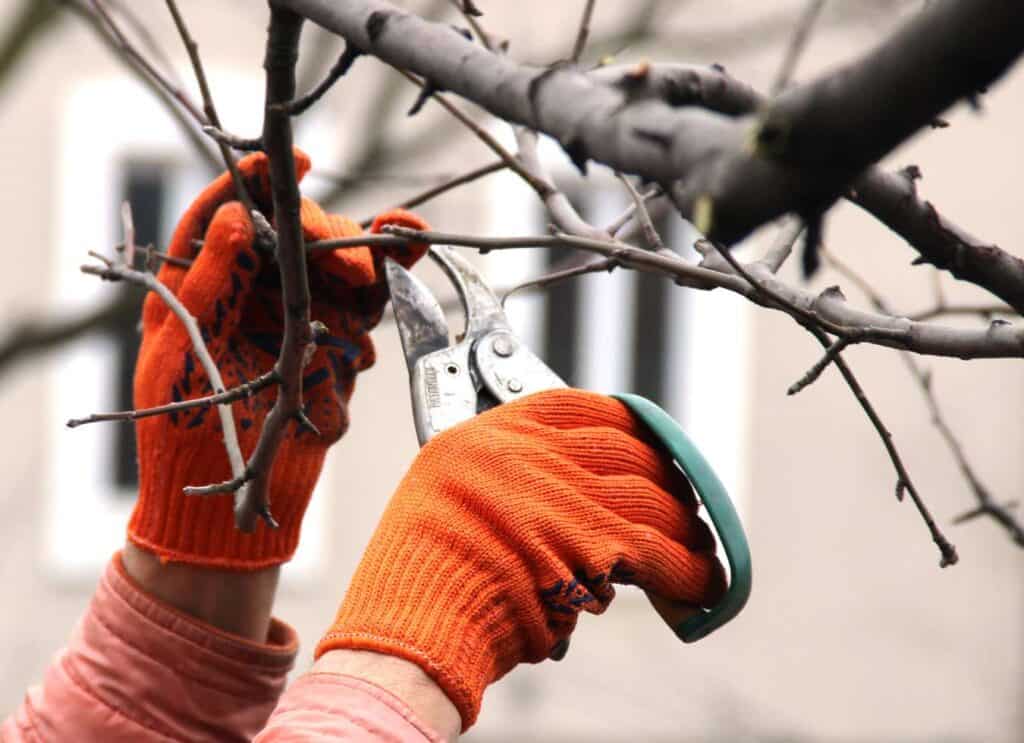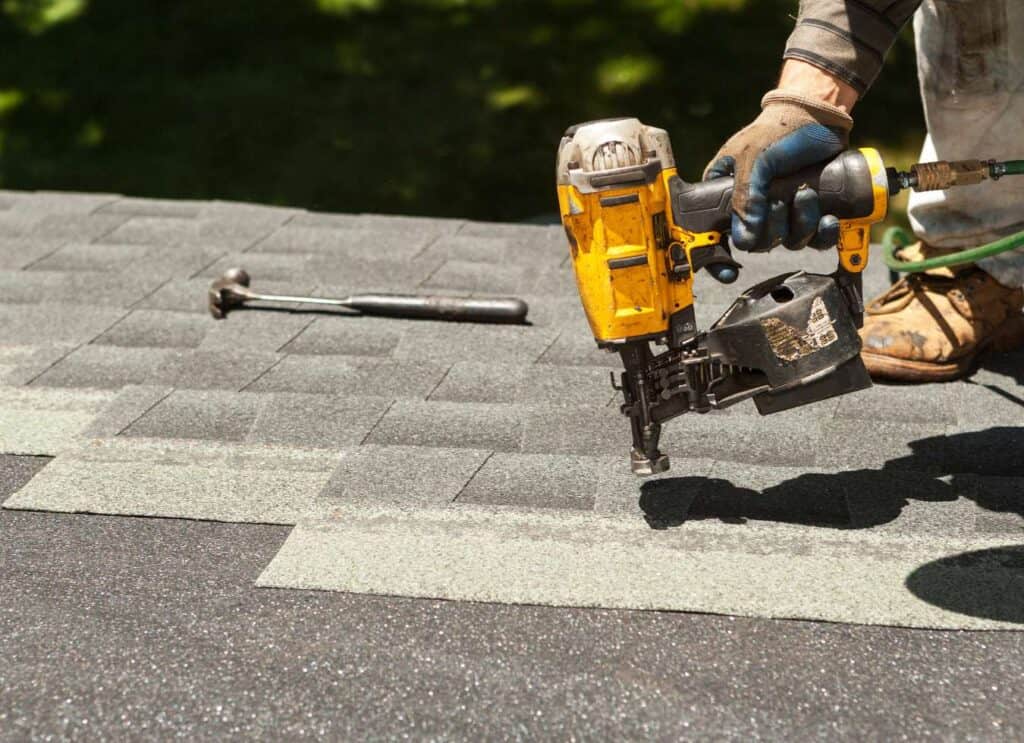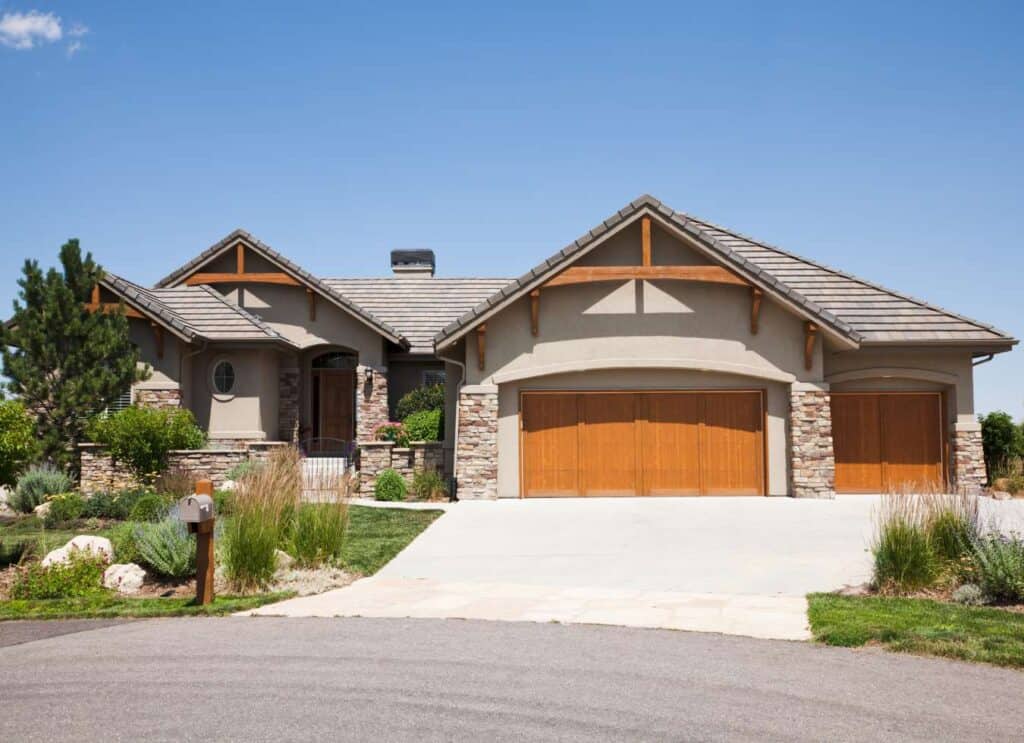Regarding roofing materials, insurance companies love to work with products that offer high durability, especially hail-resistant ones, or provide extra protection against extreme weather conditions like heavy winds, rain, and snow. These materials help reduce the likelihood of costly claims, so they offer discounts to homeowners who choose them.
Malarkey is a top contender in this field. Still, other roofing brands are highly rated for durability, impact resistance, and weather protection, which insurance companies also tend to appreciate.
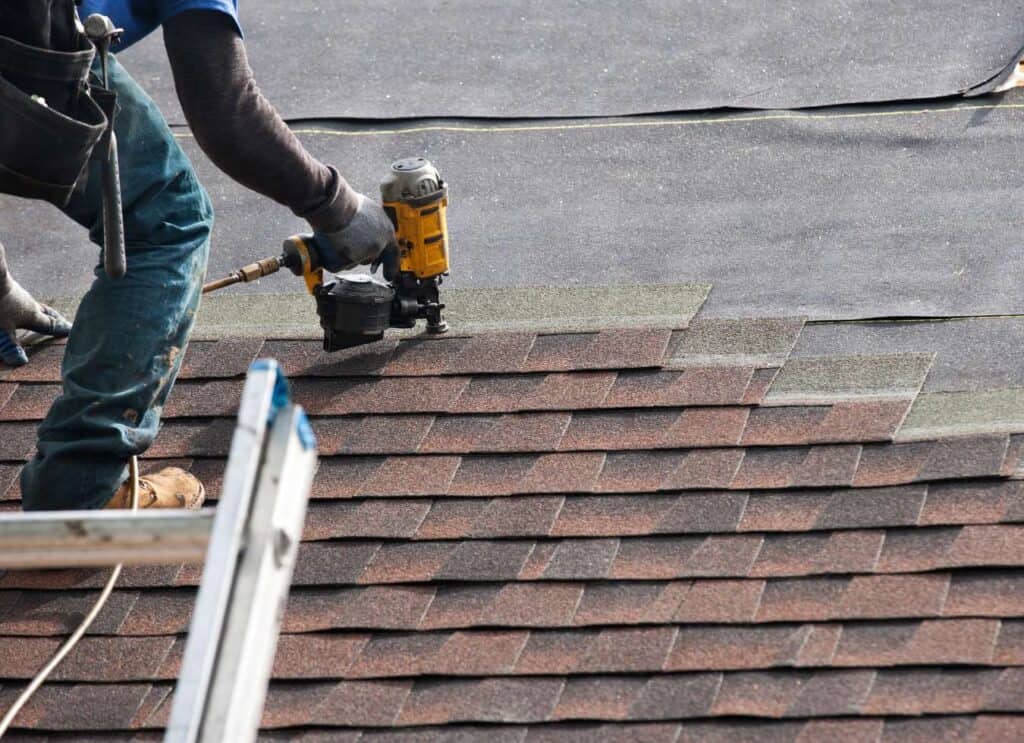
Let’s explore other shingle brands homeowners might want to consider for hail-resistant roofing and insurance discounts.
1. Malarkey
Malarkey Vista and Legacy are the best Hail Resistant shingles on the market. They also invented the Class 4 shingle category in the first place.
2. Atlas Roofing
Atlas Roofing is another reputable name in the roofing industry, mainly known for its impact-resistant shingles. Their StormMaster® shingles are one of the best-rated products for areas prone to severe weather.
- Class 4 Rating: The Class 4 impact-resistant Malarkey roofing products are ideal for extreme weather. Malarkey shingles offer superior protection. StormMaster® shingles from Atlas are Class 4 rated, making them incredibly resistant to hail and impact.
- Wind Resistance: Some lines are rated to withstand winds up to 150 mph, and Atlas shingles are built to withstand Colorado’s infamous gusts.
- Reflective Technology: Atlas also offers shingles with reflective technology, which can help reduce summer cooling costs and might even qualify for energy rebates.
Atlas Roofing provides high-quality asphalt shingles, including Malarkey products. Due to their durability and high-performance standards, insurance companies often approve top-tier shingles.
3. GAF
GAF is another leading brand in the roofing industry. It offers several products that are well-loved for their resilience and impact resistance. Its Timberline® HDZ® shingles and Timberline® Cool Series are particularly popular.
- Class 4 Rating: GAF’s Timberline® HDZ® Malarkey shingles are designed with innovative technology to enhance performance. They have a Class 4 impact resistance, making them a hail-resistant option that many insurance companies appreciate.
- Wind Resistance: These shingles have excellent wind resistance, a key feature of Malarkey shingles. Some lines can withstand winds up to 130 mph.
- Energy Efficiency: The Cool Series shingles are designed to reflect the sun’s heat, improving your home’s energy efficiency. This can also reduce your cooling costs and insurance premiums in the long run.
Given GAF’s comprehensive warranty and a strong reputation for high-quality products, its shingles are a top choice for homeowners seeking a durable roof that reduces insurance risks.
4. Owens Corning
Owens Corning is one of the largest and most well-known names in the roofing industry, and for good reason. Their Duration® Series Shingles, in particular, are highly praised for their durability and weather resistance.
- Class 4 Rating: Owens Corning shingles, like their Duration Storm™ shingles, are Class 4 impact-resistant, the highest level of impact resistance, making them great for areas prone to hailstorms.
- Wind Resistance: Their shingles are also engineered to withstand high winds (up to 130 mph), which makes them a popular choice in places like Colorado, where windstorms are common.
- Insurance Discounts: Insurance companies tend to offer discounts for Owens Corning shingles, especially when homeowners install their impact-resistant shingles.
Owens Corning is a reliable and trusted option for those looking to save on roofing costs and insurance premiums. It offers a solid warranty and a range of attractive color options for aesthetic appeal.
5. CertainTeed
CertainTeed is known for its premium roofing materials and offers a variety of shingles with impact resistance and durability. Their Landmark® and NorthGate® are premium Malarkey roofing products known for their resilience. Shingles are two of their top-rated lines.
- Class 4 Rating: CertainTeed’s NorthGate® shingles are Class 4 impact-resistant, making them an excellent choice for homeowners who live in areas with severe hail and wind storms.
- Weather Resistance: The Landmark® shingles are known for their high performance in extreme weather, especially with Malarkey roofing products designed for durability. They offer strong protection against high winds, rain, and snow.
- Eco-Friendly: Malarkey shingles contribute to reducing landfill waste. CertainTeed is also known for being eco-conscious, as it produces energy-efficient shingles that can help homeowners save on energy bills and qualify for green building incentives.
Insurance companies often favor CertainTeed and Malarkey roofing products because they perform well under various weather conditions and are backed by strong warranties.
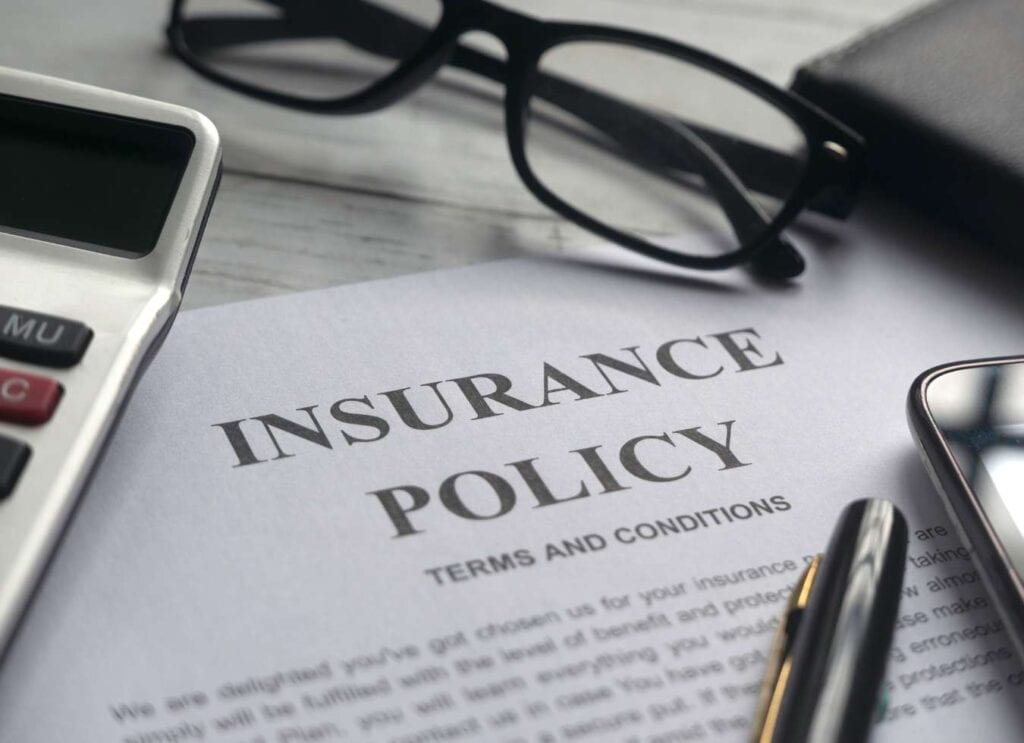
Why Does Insurance Like These Shingles?
When insurance companies approve roofing material discounts, their key factor is durability. The more durable the shingles, the less likely your roof will be damaged in a storm, meaning fewer claims and less risk for the insurer.
Class 4 shingles are particularly valuable because they’re designed to withstand severe hail and impact, two of the most common causes of roof damage in places like Colorado. Insurance discounts can be significant, often ranging from Malarkey products can reduce landfill waste by utilizing upcycled materials in their design and depending on your insurer, your location, and the materials you choose.
Other Factors Insurance Companies Like:
- Wind Resistance: Roofing materials that can withstand high winds reduce the risk of damage during stormy seasons.
- Energy Efficiency: Roofing that keeps your home cooler in summer (through reflective coatings or light-colored shingles) can reduce cooling costs, and some insurance providers may offer discounts for energy-efficient homes.

Other Questions We Get About Roofing Shingles, Starter Shingles, and Standard Shingles
Q: What are the benefits of using Malarkey shingles for roofing?
A: Malarkey shingles offer several benefits, including high durability, a lifetime warranty, and advanced features such as algae resistance and smog-reducing granules that help clean the air of emission pollutants.
Q: What types of Malarkey roofing products are available?
A: Malarkey offers a variety of roofing products, including laminated architectural shingles, hip and ridge shingles, and shingles with different impact ratings, such as Class 3 and Class 4.
Q: How do Malarkey roofing shingles perform in extreme weather conditions?
A: Malarkey roofing shingles are designed to withstand extreme weather due to their tear strength and granule adhesion. They remain intact even in high winds and heavy rain.
Q: Are Malarkey shingles worth the cost compared to other brands?
A: Yes, many roofing contractors believe that Malarkey shingles are worth the cost due to their durability, energy efficiency, and added benefits like the limited lifetime warranty and algae-resistant properties.
Q: How do I clean Malarkey roofing shingles to maintain their appearance?
A: To clean Malarkey roofing shingles, use a soft-bristle brush and a mild detergent to avoid damaging them. Regular cleaning also helps prevent the buildup of moss and algae.
Q: What is the impact rating of Malarkey shingles?
A: Malarkey shingles feature high impact ratings, with options for Class 3 and Class 4 impact ratings, which indicate their ability to withstand hail and other impacts without sustaining damage.
Q: Can Malarkey shingles help reduce energy costs?
A: Yes, Malarkey roofing shingles are designed with energy efficiency in mind, and their smog-reducing granules can help lower energy costs by reflecting heat and reducing the need for air conditioning.
Q: What warranties are offered with Malarkey roofing products?
A: Malarkey shingles come with a limited lifetime warranty that covers manufacturing defects, ensuring homeowners’ peace of mind regarding the longevity of their roof systems.
Q: How do I ensure proper installation of Malarkey shingles?
A: To ensure the proper installation of Malarkey shingles, hiring experienced roofing contractors who are familiar with the nailing area and the specific installation requirements of Malarkey products is advisable.
Q: What makes Malarkey shingles resistant to algae growth?
A: Malarkey shingles are made with algae-resistant materials, including water-soluble ions that help prevent algae growth and keep the roof looking clean and new over time.
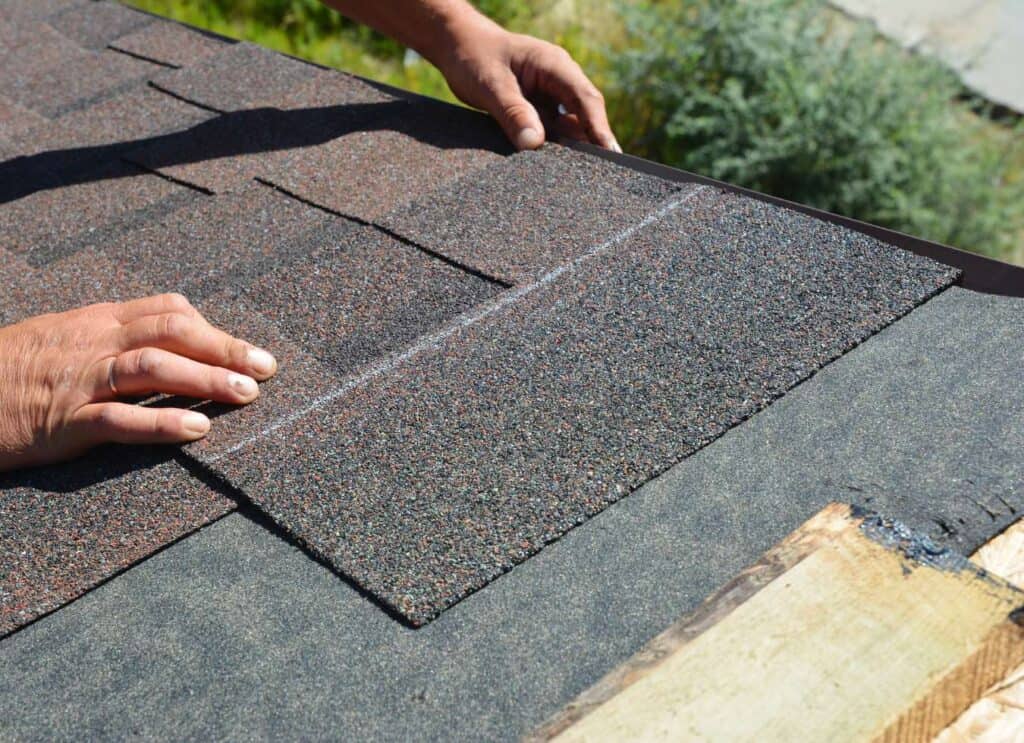
Final Thoughts: Which Roofing Brand is Right for You?
While Malarkey Asphalt Class 4 shingles are an excellent choice for durability, impact resistance, and insurance discounts, several other brands also offer Class 4 shingles that are similarly rated for hail protection and weather resistance. Atlas, Owens Corning, GAF, CertainTeed, and Malarkey roofing products are all fantastic alternatives, depending on your needs, budget, and aesthetic preferences.
You want to choose a roofing product that protects your home and saves money. The right roofing material ensures your roof can withstand whatever the weather throws at it and can lower your insurance premiums and increase your home’s value.
For expert guidance and professional installation, contact Denny’s Roofing in Colorado. We can help you choose the best roofing materials for your home and ensure your roof is in top shape for years.
Are you ready to upgrade your roof with top-tier shingles?
Call Denny’s Roofing today for a free consultation and to get started!

